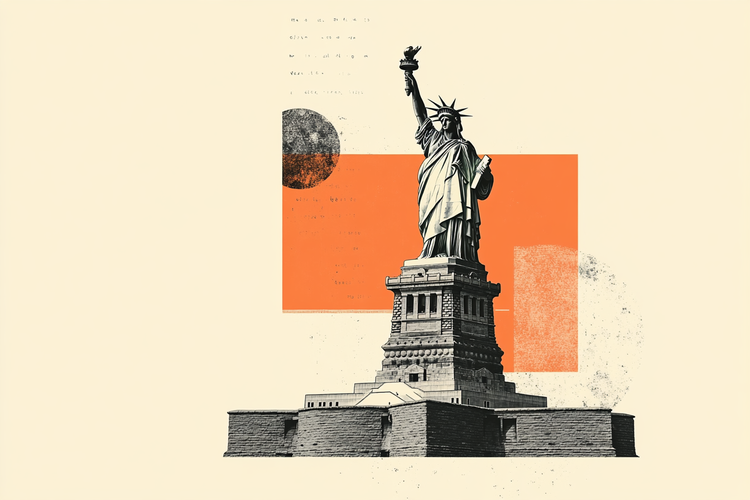Most Brazilians recognize that celebrations with fireworks can cause discomfort, such as sensitivity in people with autism and domestic animals, but are against a total ban on pyrotechnic devices.
The data is part of an unprecedented survey commissioned by Sebrae and the Euvaldo Lodi Institute (IEL), which interviewed 2,005 people across the country.
Several bills are being processed in the National Congress with the aim of prohibiting or limiting the use of fireworks in Brazil.
The most advanced proposal is PLS 5/2022, authored by senator Randolfe Rodrigues (PT-AP), whose original text provided for the banning of artifacts “with noise” (any type of noise).
In November, the Senate approved a substitute that limits the maximum level of noise generated by fireworks to 70 decibels. The text was sent to the Chamber of Deputies for analysis.
“The explosion of fireworks causes serious health problems for some animals”, argues Randolfe in the justification for the project.
“In the case of birds, the noise of fireworks causes them, due to fright, to fly in any direction, fleeing their nests and crashing into walls and windows. Domestic animals also suffer a lot from fires. Dogs, for example, suffer from damage to the eardrum and even convulsions and fainting.”
Another project in progress, PL 3381/2015, is reported in the Chamber by deputy Lafayette Andrada (Republicanos-MG).
The Sebrae/IEL survey, obtained by CNN, shows that 62.4% of respondents cite discomfort to people and animals as a problem related to artifacts.
According to the survey, 36% know people with autism or another health condition who feel affected by noise.
Despite recognition of the problem, there is no support for a total ban on fireworks. Of the total respondents, 20% support a complete ban.
Another 32.7% are in favor of a ban, but only on those who make excessive noise. And 25.4% are against fences, but believe it is necessary to create rules for their use. Finally, 19.9% are completely against limitations.
Pyrotechnic market
Brazil is the second largest producer of fireworks, behind only China, and moves to restrict them worry the sector.
The national industry, which is concentrated in Minas Gerais, has annual sales of more than R$230 million and generates around 2,500 direct jobs.
Furthermore, in commerce, there are almost a thousand companies specializing in the sale of pyrotechnic articles and more than four thousand that have this type of product as one of their activities.
Another point raised by the Brazilian Pyrotechnic Alliance is that celebratory events with fireworks, such as New Year’s Eve in Rio de Janeiro, drive the entire tourism chain.
The 70 decibel limit for pyrotechnic items could make this industry unviable, according to the Alliance, which advocates greater tolerance. European Union legislation adopts a maximum level of 120 decibels.
“Banning fireworks will possibly result in clandestinity,” said the movement’s coordinator, Guilherme Santos, at a recent public hearing in the Senate.
“What we present as a solution is that sound mufflers be distributed free of charge to the population, along with an educational booklet. This way, everyone can enjoy this experience in a healthy way,” said Santos.
See, according to data from the United Nations Environment Program (UNEP) and international entities, what noise is generated by different devices and actions that are part of everyday life.
- 90 decibels: blender
- 100 decibels: baby crying, motorcycle passing by
- 110 decibels: car horn, chainsaw, thunder
- 120 decibels: chainsaw, ambulance siren, heavy machinery
- 130 decibels: jackhammer, drill
- 140 decibels: plane landing
This content was originally published in Fireworks: most recognize discomfort, but are against prohibition on the CNN Brasil website.
Source: CNN Brasil
I’m James Harper, a highly experienced and accomplished news writer for World Stock Market. I have been writing in the Politics section of the website for over five years, providing readers with up-to-date and insightful information about current events in politics. My work is widely read and respected by many industry professionals as well as laymen.







